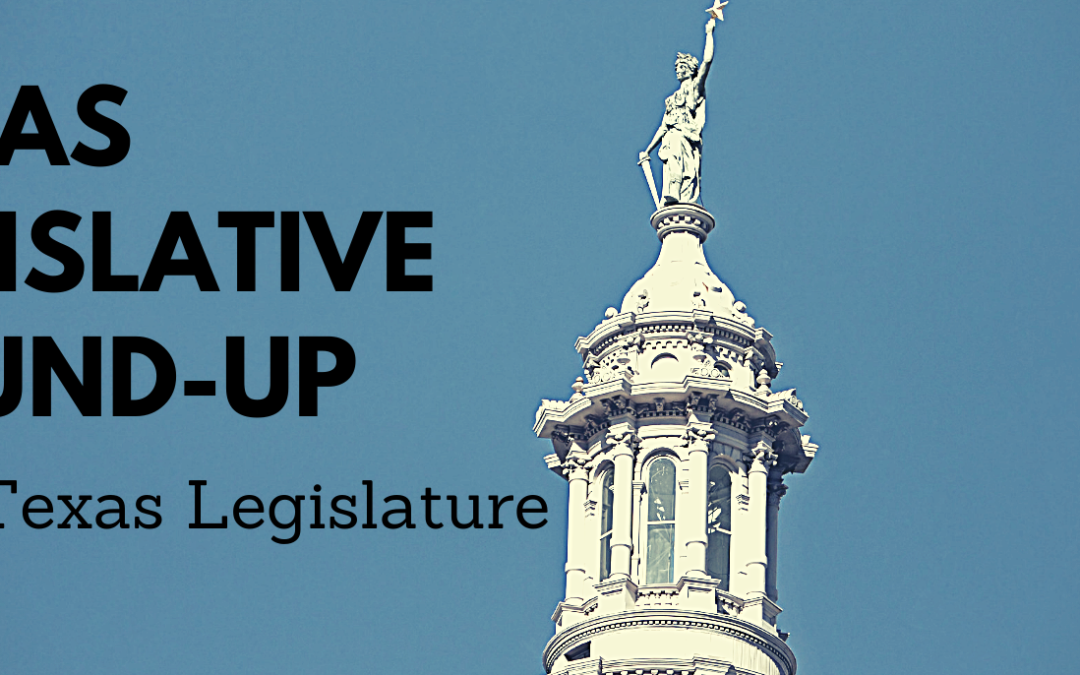Lawmakers already have filed more than 700 House bills and 200 Senate bills — including several relating energy and ratepayer issues.
________________________________________________
T he 2021 regular session of the Texas Legislature begins in just a few weeks. Lawmakers already have filed more than 700 House bills and 200 Senate bills — including a dozen or so relating energy and ratepayer issues. We have our eye on many of these bills, and will keep you apprised as they move through the legislative process.
Just below we enumerate several bills on our watch list, and explain briefly their purpose. However, keep in mind that inclusion on this list implies neither our support or opposition. We highlight these bills for informational purposes only.
House Bill 427, by state Rep. Ken King, would impose an additional $200 fee for the registration of electric vehicles as well as a $100 fee for the registration of hybrid vehicles.
House Bill 433, also by state Rep. King, would impose a 1-cent per-kilowatt-hour tax on each kilowatt of electricity generated in Texas from any source other than natural gas.
House Resolution 9, by state Rep. Richard Raymond, would direct the Texas Legislature to urge the U.S. Congress to order a cost-benefit analysis regarding the risks of climate change nationwide. The analysis should include a discussion of appropriate measures to address those risks.
House Bill 685, by state Rep. Gary VanDeaver, would create a critical care program for veterinarians that depend upon electricity to maintain critical medical equipment for animals under their care. The Public Utility Commission would create disconnection protections for such veterinarian customers.
House Bill 714, by state Rep. Ron Reynolds, would establish a Texas Environmental Justice Council and an Environmental Justice Review Board. These panels would conduct an examination of environmental justice issues in Texas and report back to the Legislature.
Senate Bill 170, by state Sen. Cesar Blanco, calls for a study of the feasibility of expanding the state’s renewable energy goals such that half the state’s installed generating capacity by 2030 will come from renewable sources, and 100 percent of it would come from renewable sources by 2050.
Senate Bill 182, by state Sen. Charles Schwertner, requires the Public Utility Commission to conduct a five-year look-back analysis of rates charged by municipal electric utilities. If the municipal rates are 10 percent higher than the five-year average of competitive rates paid in a similarly situated area with electric competition, then the municipal utility must transition to deregulation within one year.

